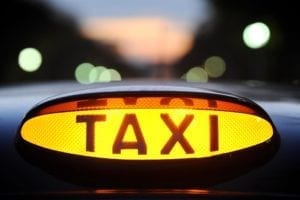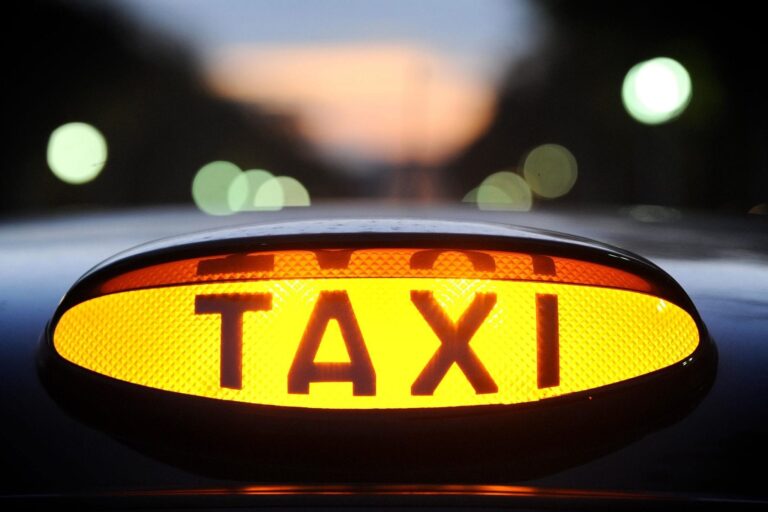London Councils has announced changes to the Taxicard scheme designed to help Londoners with disabilities during the ongoing coronavirus pandemic.
With more than 60,000 members, Taxicard provides subsidised door-to-door journeys in licensed taxis and private hire vehicles for London residents who have serious mobility or visual impairments.
Managed by the cross-party umbrella group London Councils, the scheme is funded by London’s local authorities and Transport for London (TfL).
Participating boroughs have agreed changs that will allow any Taxicard member to have drivers pick up and deliver essential supplies to them, and have friends, family members, or carers travel on their behalf using their Taxicard for the same purpose.
Boroughs have implemented the changes so that members can use the Taxicard to secure supplies when they may otherwise struggle to visit grocery shops or pharmacies.

Cllr Peter John, chair of London Councils, said: “At a time when Londoners with serious mobility and visual impairments are complying with lockdown rules and unable to travel, we’ve introduced these new flexibilities to help Taxicard members keep making use of the scheme.
“We hope these changes are useful for Londoners with disabilities and help make things easier for them at this very difficult time.”
The changes have been welcomed by the Royal National Institute of Blind People (RNIB).
Tricia Smikle, RNIB partnerships and development manager for London, said: “RNIB has been getting a huge number of calls from blind and partially sighted people worried about access to groceries, so we’re delighted that the Taxicard scheme has been extended.
“Visually impaired people are not currently included in the list of those able to access priority online shopping slots, but many will be finding it difficult to buy essential items without guidance in shops due to social distancing guidelines.
“Initiatives such as Taxicard are vital to ensure that everyone in society is able to get the items they need.”
James Mead, TfL’s general manager for On Demand Transport, added: “It’s at times like these we need to adapt services to ensure they meet the current needs of the members who use them.
“We fully support these changes to the Taxicard scheme, which will ensure that some of the most vulnerable Londoners can continue to get food and medical supplies, while continuing to shield themselves safely at home in line with current Government guidelines.
The changes to the Taxicard scheme are temporary but will remain in place for the foreseeable future while Covid-19 lockdown measures are required.
Want to read more stories about how Covid-19 is impacting transport and traffic?
India resumes toll collection on national highways
TfL postpones enforcement of tougher safety and emissions schemes by four months
Public transportation usage in Wuhan spikes following lockdown lift
London suspends all road user charging schemes to help critical workers
New boarding on London buses to be trialled
All UK clean air zones postponed until 2021
CiTTi POLL: Will cashless tolling become more common after the coronavirus pandemic?
Illinois implements electronic tolling to prevent coronavirus spread
Clifton Suspension Bridge suspends cash tolls amid Covid-19 fears
Bus services could collapse without emergency funding, warns LGA
NHS staff in Wales to get free travel as part of public transport hardship fund deal
Emergency support for Scottish bus industry
Autonomous shuttles transport Covid-19 tests in US first
UK government to cover cost of parking for NHS staff
Automated pedestrian crossings to be rolled out in Sydney health precincts
Industry insight: Cycling against Covid-19
TfL rolls out ‘enhanced cleaning regime’ to combat coronavirus
NHS and Met Police offered free access to EV charging





